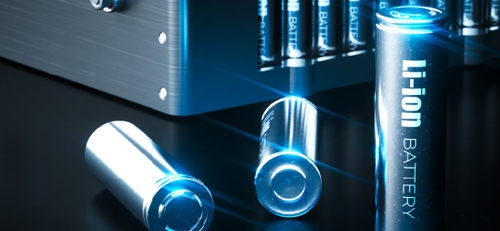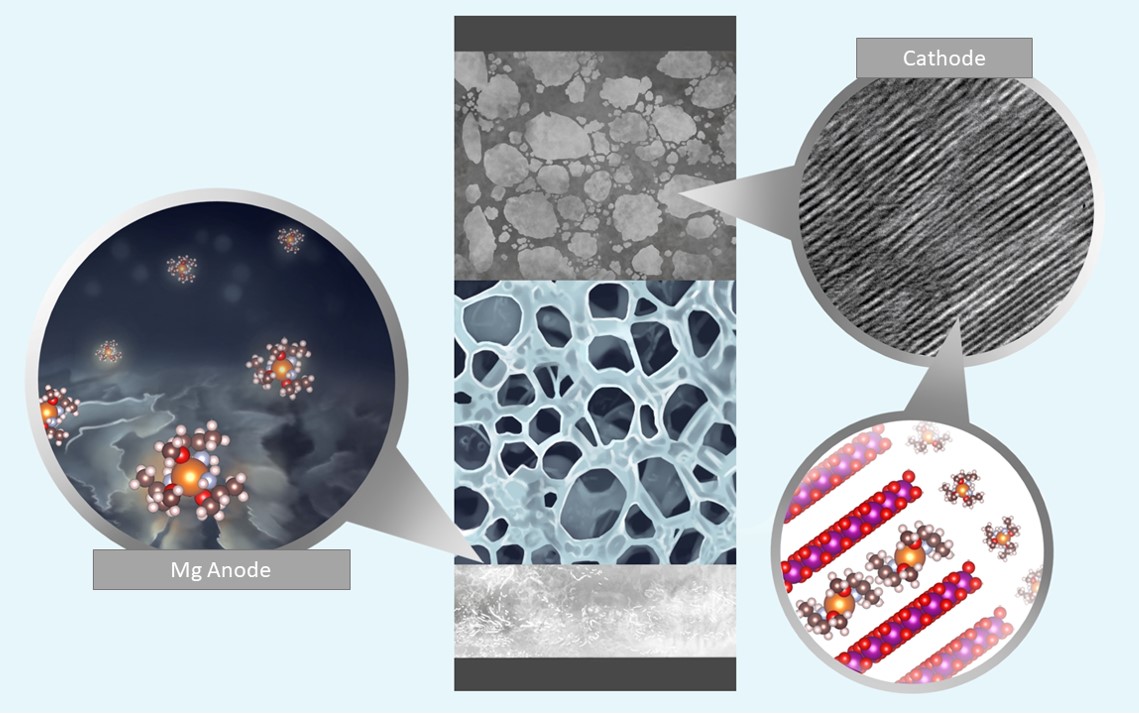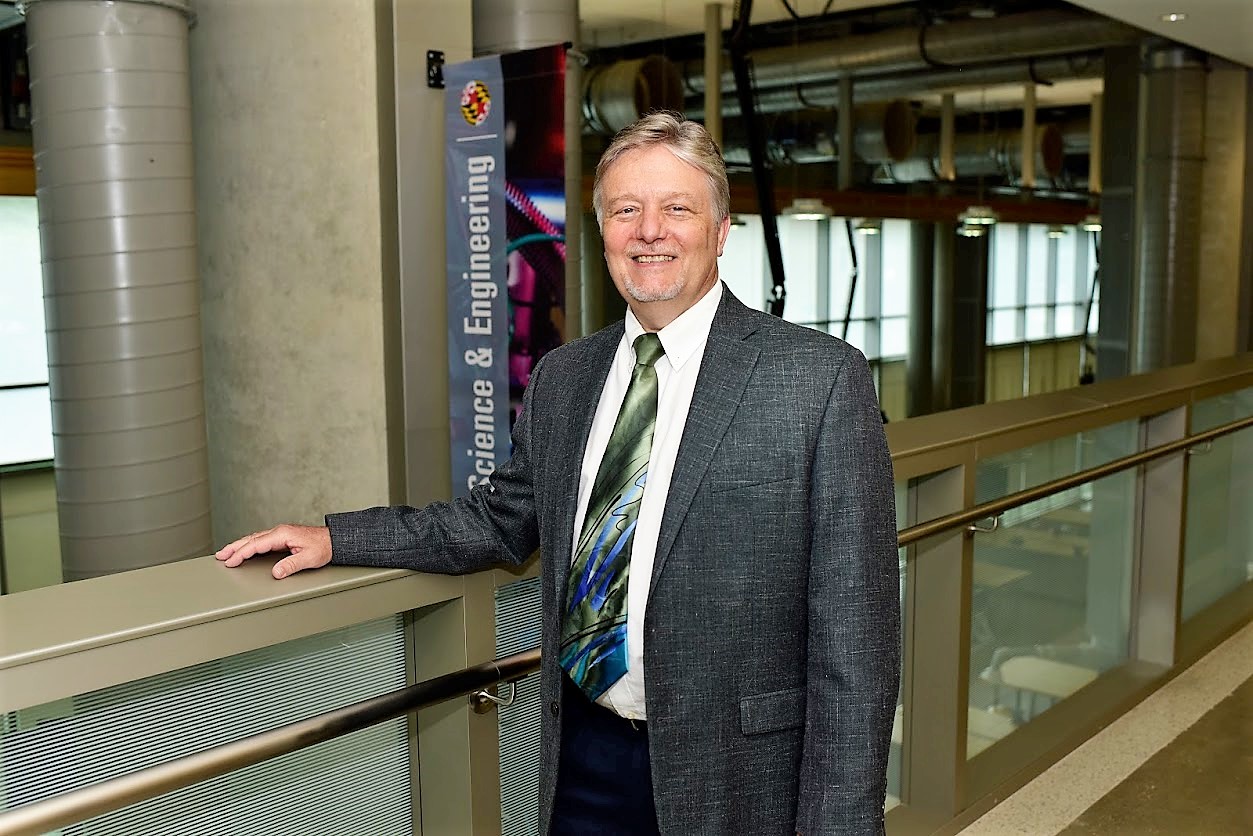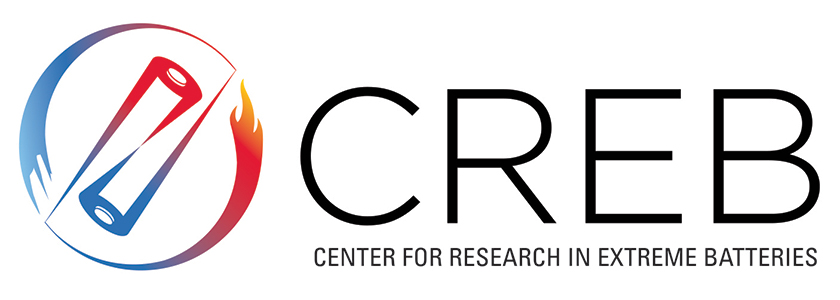News Story
CREB Receives $9M Cooperative Agreement
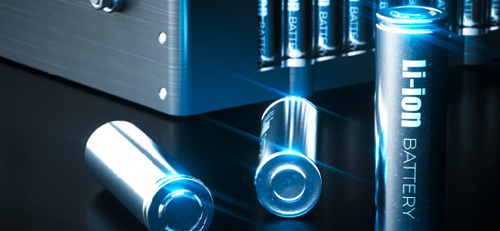
The Center for Research in Extreme Batteries (CREB) has received a cooperative agreement (CA) totaling $9 million from the U.S. Department of Defense (DOD) — $8.55M will go to the University of Maryland (UMD) and $450K goes to Argonne and Brookhaven National Laboratories — to advance transformational army batteries.
U.S. Army operations require that batteries not only have high energy density, but also be able to endure extreme temperatures, thermal and mechanical stresses during storage, transport and maneuvers, as well as high safety to bolster Warfighter operations. A targeted investment in battery research and development is one of the pivotal enablers to address the Army's need for rapid and resilient responses to future threats.
"The projects funded under this ADVANCING TRANSFORMATIONAL ARMY BATTERIES, II CA include a combination of breakthrough battery material development efforts for next-generation battery cells, as well as rigorous materials evaluations using some of the best instrumentation available worldwide for battery assessments," said Dr. Wesley Henderson, lead for CREB at the U.S. Army Combat Capabilities Development Command’s Army Research Laboratory. "This is the tip-of-the-spear for fundamental research for higher energy, longer lasting, faster charging and safer energy storage that will greatly enhance both warfighter capabilities and a broad range of commercial applications."
Some of the UMD funding will support subcontracts for partnership within CREB with the National Institute of Standards and Technology (NIST), Montana State University (MSU), Stony Brook University (SBU), University of Texas at Austin (UT Austin), State University of New York at Binghamton (Binghamton University), Brookhaven National Laboratory (BNL), the New York Battery & Energy Storage Technology Consortium (NY BEST), Graphenix Development, Inc. (GDI), Argonne National Laboratory (ANL), Ion Storage Systems (ION), Saft America (Saft) and AquaLith Advanced Materials, Inc. (AquaLith) — all in collaboration with ARL researchers — to conduct cutting-edge research to advance critical enabling battery technologies.
CREB at UMD has assembled teams of scientists and engineers to conduct the five DEVCOM ARL extreme themes and eight needed research topics in three closely aligned research thrusts:
1. Advanced Safe Electrolytes led by Eric Wachsman (UMD). This team will also include Chunsheng Wang, Paul Albertus and Yifei Mo (UMD), Stephen Sofie and Robert Walker (MSU), Greg Hitz (ION), Joseph Dura (NIST), and Greg Cooper (AquaLith).
2. High Energy Cathodes led by 2019 Nobel Laureate, M. Stanley Whittingham (Binghamton University). This team will also include Stephen Sofie (MSU), Arumugam Manthiram (UT Austin), Chunsheng Wang (UMD), Khalil Amine (ANL), Esther Takeuchi (SBU/BNL), Xilin Chen (Saft), and David Jacobson and Jacob LaManna (NIST).
3. Silicon Anodes led by Rob Anstey (Chief Executive Officer & Founder, GDI). This team will also include Joseph Rankin and Kevin Tanzil (GDI), Nicholas Stadie and Hongwei Gao (MSU), Amy Marschilok (SBU), Esther Takeuchi (SBU/BNL), and William Acker of NY BEST and NY BEST Testing & Commercialization Center.
Any questions should be directed to James Short, CREB Program Administrator (jshort@umd.edu).
Published May 3, 2022
